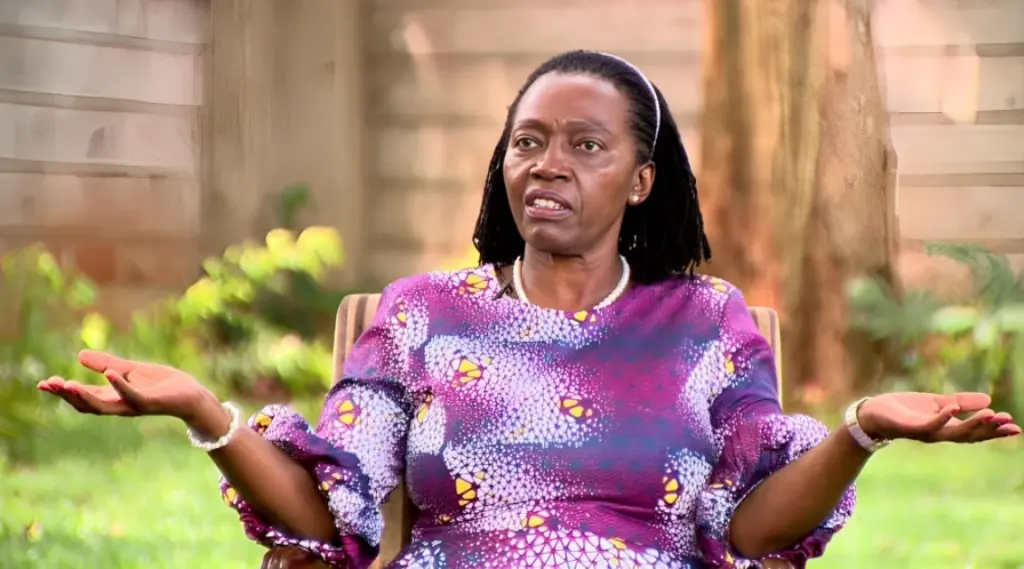Martha Karua Suffers Another Loss at Supreme Court
The Supreme Court, on May 31, established that rulings made by the highest court in the country cannot be overturned by the East African Court of Justice (EACJ).
This verdict came in response to an advisory opinion requested by Attorney General Justin Muturi on behalf of the National Government.
Muturi sought clarification on whether the decisions made by the Supreme Court regarding Kenyan law could undergo a merit review by the EACJ.
In his submission, Muturi also inquired about the legal ramifications for the Government of Kenya and the sovereignty of its people if the EACJ issued orders based on a different interpretation of Kenyan law than that upheld by the Supreme Court.
The advisory opinion came after Martha Karua, the Azimio Principal, took her case to the EACJ following her defeat in the 2017 Kirinyaga gubernatorial election. This move followed her unsuccessful attempt to challenge Anne Waiguru’s victory, who had been elected under the Jubilee Party.
ALSO READ:
- Governor Natembeya Exposes Ksh5 Million Plot to Impeach Him
- Police Brutality: Former IG Japhet Koome Found Criminally Responsible for Harm to Protestors
- CS Murkomen, IG Kanja and DCI boss Amin Defy Court Summons in High-Stakes Abduction Case
- MPs Recalled for Key Special Sittings to Approve Ruto’s Cabinet, Diplomatic Picks
- Former Deputy President Rigathi Gachagua Reveals the Truth Behind His Impeachment
The Attorney General questioned the EACJ’s jurisdiction to review decisions made by the Kenyan courts and its potential implications. The Supreme Court, while recognizing Kenya’s constitutional supremacy, also acknowledged the country’s obligations under regional and international laws, as stated in its ruling.
The Constitution asserts its supremacy, recognizing international law as a legal source according to Article 2(5). However, it prohibits international law from overriding clear constitutional norms and procedures.
Thus, the Supreme Court concluded that the Kenyan Constitution grants it ultimate judicial authority for interpreting and applying its provisions.
Moreover, the Supreme Court determined that domestic and regional courts do not have a hierarchical relationship.
The interpretation was that the Supreme Court’s decisions weren’t appealable at the EACJ.
According to the Supreme Court, the EACJ lacks the authority to review the decisions of the Supreme Court. This was their ruling.
The Supreme Court opted not to issue directives regarding who would be responsible for covering the costs.
Martha Karua Suffers Another Loss at Supreme Court
